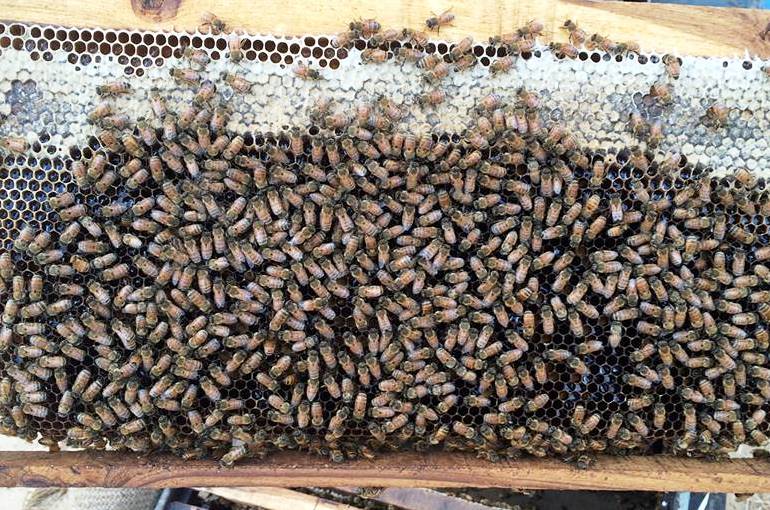Common Bee Diseases and Pests

This post is also available in:
This post is also available in:
![]() Español (Spanish)
Español (Spanish) ![]() Français (French)
Français (French) ![]() Deutsch (German)
Deutsch (German) ![]() Nederlands (Dutch)
Nederlands (Dutch) ![]() हिन्दी (Hindi)
हिन्दी (Hindi) ![]() العربية (Arabic)
العربية (Arabic) ![]() Türkçe (Turkish)
Türkçe (Turkish) ![]() 简体中文 (Chinese (Simplified))
简体中文 (Chinese (Simplified)) ![]() Русский (Russian)
Русский (Russian) ![]() Italiano (Italian)
Italiano (Italian) ![]() Ελληνικά (Greek)
Ελληνικά (Greek) ![]() Português (Portuguese (Brazil))
Português (Portuguese (Brazil)) ![]() Tiếng Việt (Vietnamese)
Tiếng Việt (Vietnamese) ![]() Indonesia (Indonesian)
Indonesia (Indonesian) ![]() 한국어 (Korean)
한국어 (Korean) ![]() polski (Polish)
polski (Polish)
Bee Pests and Diseases Management
Unfortunately, honeybees often suffer from various pests and diseases. Some of them are minor and can be managed even after their spread. Hence they will not threaten the colony survival. Some others are devastating if they go unnoticed and can decimate hundreds of colonies in a region. It is essential that all beekeepers have formed a sound pests and disease control strategy, which may differ significantly between countries, law framework, personal philosophy, means of production, the market at which the product aims etc. Exactly as it happens in nearly all other aspects of beekeeping, management of honeybees pests and diseases differs significantly from place to place, and a beekeeper shall consult local experts, local beekeeping unions and associations, and of course state authorities, so as to form a solid pests and disease management strategy. You can do a local research and observe how and when other experienced beekeepers manage their colonies pests and diseases (from prevention to intervention and from non-chemical to chemical methods). However, always have in mind that you must be very cautious when administering antibiotics or other drugs. Most beekeepers stop all drug administration about 2 months before the major honey flow; otherwise they run the risk of harvesting contaminated honey.
The most common bee pest is Varroa destructor. Common bee diseases are American Foulbrood, European Foulbrood and Nosema. Finally, poisoning from pesticides is also a common problem that beekeepers face.
2.) Honey Bee Society Structure and Organization
4.) Beehive and Equipment Supply
5.) Beehive Location and Placement
8.) Preparing Beehives for winter
10.) Common Bee Diseases & Pests
13.) Bee Poisoining from Pesticides
Do you have experience in Beekeeping? Please share your experience, methods and practices in the comments below.
All the content you add will be soon reviewed by our agronomists. Once approved, it will be added to Wikifarmer.com and it will influence positively thousands of new and experienced farmers across the world.








































































